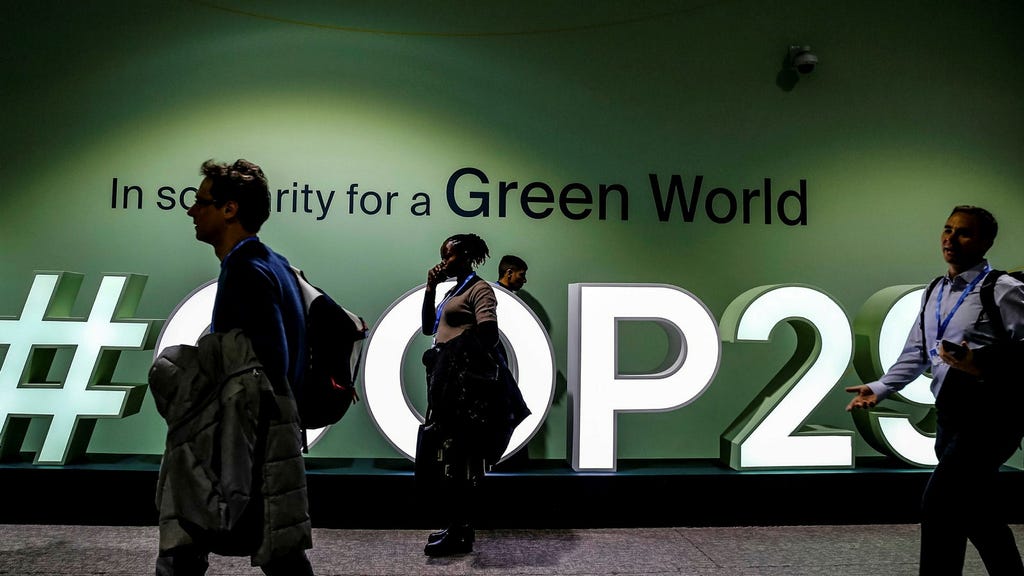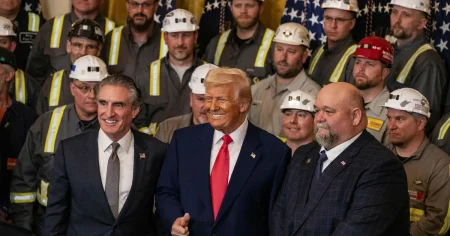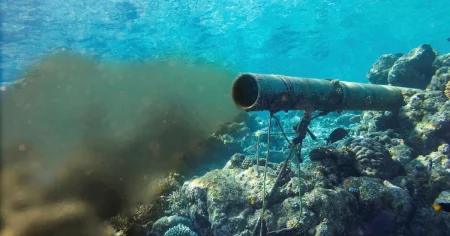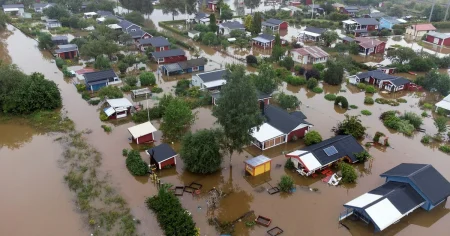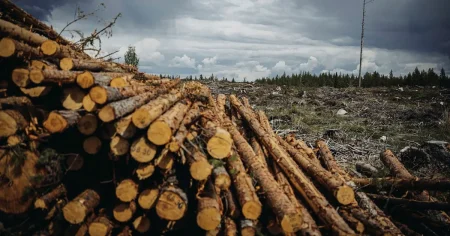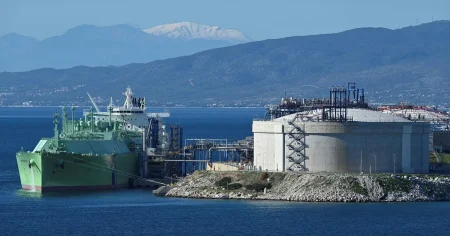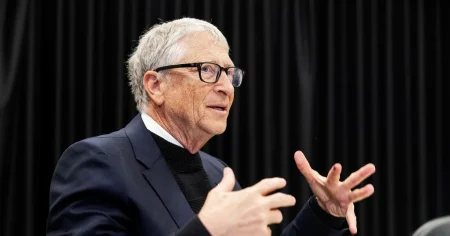The upcoming COP29 climate summit in Azerbaijan is embroiled in controversy, raising serious questions about the integrity and effectiveness of the global climate negotiation process. Elnur Soltanov, the COP29 president and Azerbaijan’s Deputy Energy Minister, has faced scrutiny following a sting operation by Global Witness. Posing as representatives of a fictitious oil and gas company, Global Witness revealed Soltanov’s apparent nonchalance regarding the blatant conflict of interest presented by his former role as a high-ranking Socar executive and his current position overseeing a climate conference. Socar, the State Oil Company of the Republic of Azerbaijan, is a major player in the fossil fuel industry and a significant contributor to the Azerbaijani government’s revenue, a government accused of suppressing climate activists and critics. During the meeting with the undercover Global Witness representatives, Soltanov appeared unconcerned about the ethical implications of potential partnerships with fossil fuel companies at COP29, even suggesting several avenues for collaboration and investment.
Adding to the controversy, Global Witness’ investigation revealed that EC Capital, the fictitious company, was offered sponsorship opportunities for COP29 without having to commit to any climate pledges, despite official claims that such commitments were mandatory. This apparent disregard for stated requirements underscores concerns about the conference’s true commitment to addressing climate change. Furthermore, Soltanov facilitated a meeting between EC Capital and a senior Socar executive to discuss potential collaborations during the summit itself, further blurring the lines between climate action and fossil fuel interests. While Soltanov acknowledged his focus on leading COP29 and mentioned green projects as potential investment areas, he also expressed a belief in the continued, perhaps indefinite, production of oil and natural gas. This apparent acceptance of the ongoing role of fossil fuels casts doubt on Azerbaijan’s commitment to a genuine transition towards sustainable energy.
The controversy surrounding COP29 is not an isolated incident. It marks the third consecutive year of scandal plaguing the climate summit. COP28 in Dubai was marred by revelations that the conference president, Sultan al-Jaber, also the CEO of the Abu Dhabi National Oil Company (ADNOC), received talking points from ADNOC regarding potential fossil gas projects. Similarly, COP27 in Egypt, another country with substantial fossil gas reserves, was criticized for hosting sales meetings related to fossil fuels, leading some to label the event a ”trade show for fossil fuels.” This pattern of conflicts of interest and overt promotion of fossil fuel interests raises fundamental questions about the ability of these conferences to achieve meaningful progress on climate action.
Despite the controversies surrounding recent COP summits, some progress has been made. Negotiations at COP28, despite being led by a fossil fuel executive, resulted in a historic agreement on a ”transition away from fossil fuels.” While the agreement lacks concrete action plans, it represents a significant shift in the global conversation around fossil fuels. Some analysts suggest that al-Jaber’s leadership, ironically, facilitated serious discussions about fossil fuels precisely because of his industry background. This perspective suggests that the involvement of fossil fuel interests in climate negotiations, while ethically problematic, might paradoxically create opportunities for more direct engagement with the challenges of transitioning away from fossil fuels.
However, the controversies surrounding the COP summits highlight the inherent tension between the need for global cooperation to address climate change and the powerful vested interests of the fossil fuel industry. Pointing fingers solely at oil-rich nations like Azerbaijan oversimplifies a complex global problem. The European Union, for example, while advocating for climate action, has also entered into agreements with Azerbaijan to increase gas imports to offset reliance on Russian gas. European Commission President Ursula von der Leyen, while skipping COP29, previously visited Baku to finalize a deal doubling gas imports from Azerbaijan. This highlights the hypocrisy inherent in condemning fossil fuel producing nations while simultaneously relying on their resources.
The recurring scandals surrounding COP summits emphasize the urgent need for a more transparent and accountable approach to climate negotiations. The influence of fossil fuel interests must be addressed directly and effectively to ensure that the conferences remain focused on achieving meaningful progress towards a sustainable future. While the involvement of oil-producing nations in hosting and leading these summits raises legitimate concerns, it also presents an opportunity for more direct engagement with the challenges of transitioning away from fossil fuels. Ultimately, global cooperation and a commitment to genuine change, including a critical examination of our own reliance on fossil fuels, are crucial to addressing the climate crisis effectively. The path forward requires a shift away from symbolic gestures and towards concrete actions that prioritize the planet’s future over short-term economic gains.





